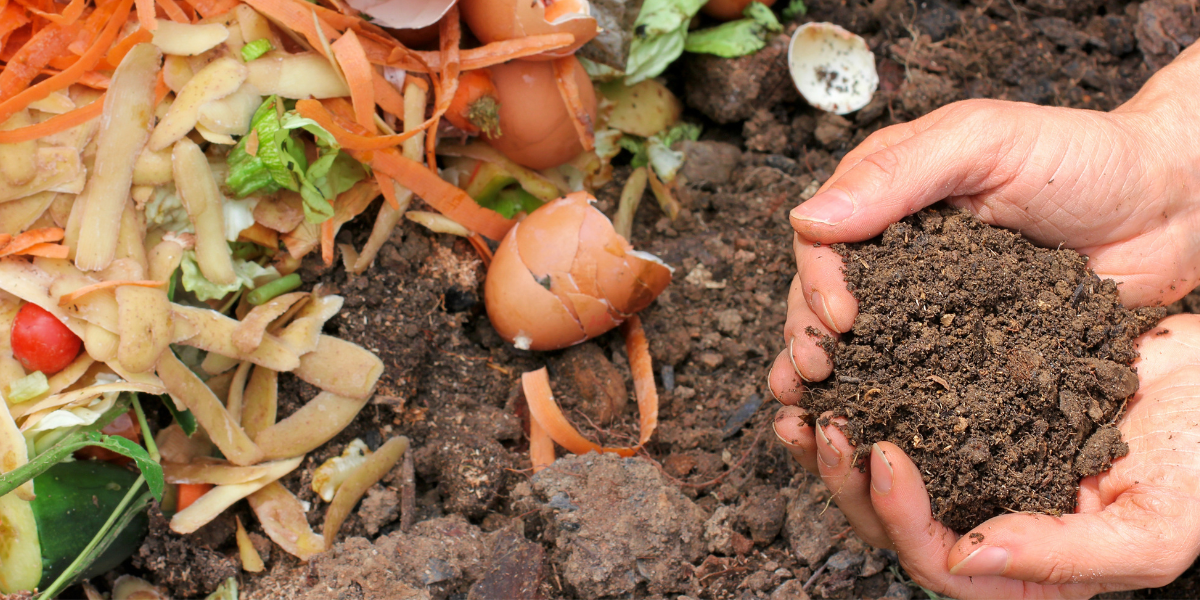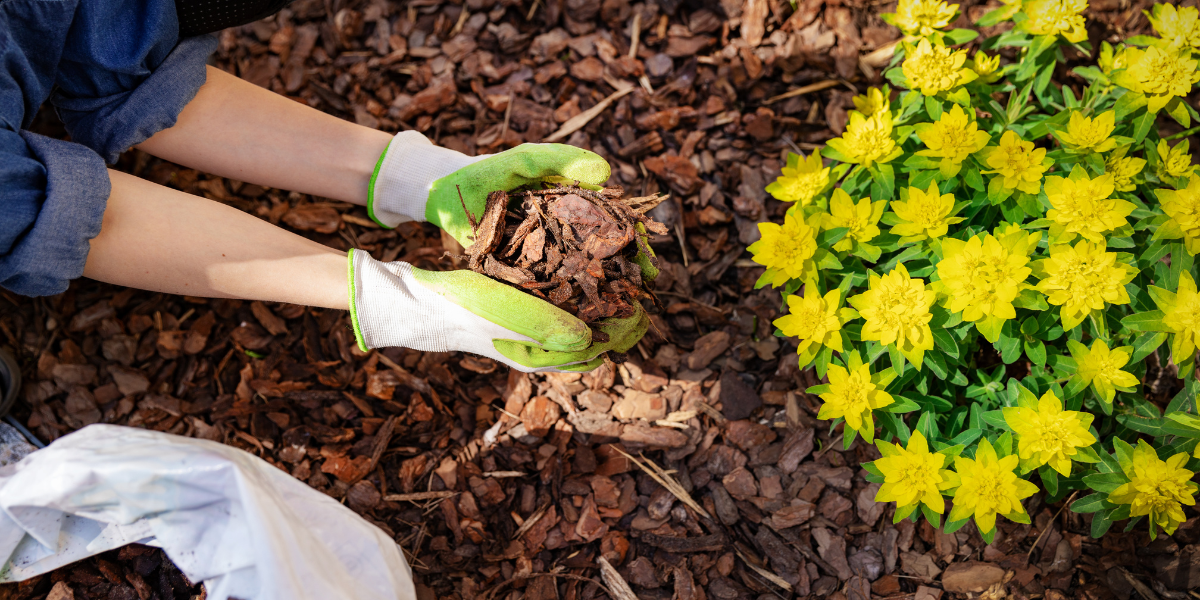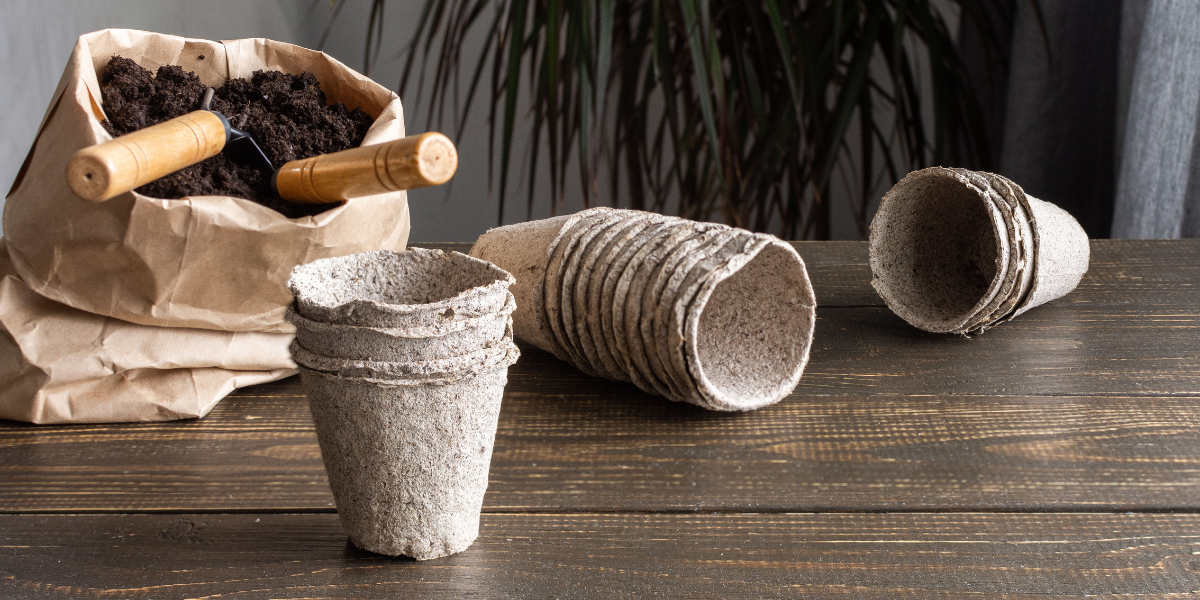At Hesi, we are passionate about plants and the planet. As avid gardeners and environmental enthusiasts, we believe in the power of eco-friendly gardening to create lush, vibrant spaces while nurturing our Earth. Today, we’re sharing our top eco-friendly gardening tips that will not only enhance your garden but also help you become a more sustainable gardener. Let’s dig in!



Composting
Composting is a fantastic way to reduce waste and enrich your soil with valuable nutrients. By composting kitchen scraps, garden waste, and other organic materials, you create a rich, dark soil conditioner that improves soil structure, retains moisture, and promotes healthy plant growth.
How to Start Composting:
- Choose a Compost Bin: Select a compost bin or heap that suits your garden space. You can buy a ready-made bin or make your own using wood pallets or wire mesh.
- Layer Your Materials: Alternate layers of green (nitrogen-rich) and brown (carbon-rich) materials. Greens include fruit and vegetable scraps, coffee grounds, and grass clippings. Browns include leaves, straw, and cardboard.
- Maintain the Pile: Turn your compost regularly to aerate it and speed up decomposition. Ensure it remains moist but not waterlogged.

Water Wisely
Water is a precious resource, and conserving it is crucial for eco-friendly gardening. Efficient watering practices can significantly reduce water usage without compromising your garden’s health.
Smart Watering Techniques:
- Use a Drip Irrigation System: Drip irrigation delivers water directly to the plant roots, reducing evaporation and runoff. It’s a highly efficient way to water your garden.
- Collect Rainwater: Install a rain barrel to collect and store rainwater from your roof. Use this free resource to water your plants during dry spells.
- Mulch Your Garden: Mulching helps retain soil moisture, suppress weeds, and improve soil health. Use organic mulches like straw, wood chips, or leaves to keep your soil cool and moist.

Grow Native Plants
Native plants are well-adapted to local conditions and require less water, fertiliser, and pest control. They also provide habitat and food for local wildlife, promoting biodiversity in your garden.
Native plants are low maintenance, hardy, and resilient, requiring less care than non-native species. They are also wildlife friendly, attracting and supporting pollinators like bees, butterflies, and birds, which enhances your garden’s ecological balance. Additionally, native plants often have deep root systems that improve soil structure and prevent erosion, further benefiting the health of your garden.
Natural Pest Control
Chemical pesticides can harm beneficial insects, pollute waterways, and disrupt the ecosystem. Embrace natural pest control methods to protect your plants and the environment.
Eco-Friendly Pest Control Methods:
- Encourage Beneficial Insects: Ladybirds, lacewings, and predatory beetles are natural pest controllers. Plant diverse flowers to attract these helpful insects.
- Use Companion Planting: Certain plants can deter pests or attract beneficial insects. For example, marigolds repel nematodes, while nasturtiums attract aphids away from other plants.
- Homemade Remedies: Simple solutions like neem oil, insecticidal soap, or garlic spray can effectively manage pests without harmful chemicals.
Sustainable Soil Management
Healthy soil is the foundation of a thriving garden. Sustainable soil management practices ensure your soil remains fertile and robust, supporting plant health and reducing the need for synthetic inputs.
Sustainable Soil Practices:
- Avoid Over-Tilling: Excessive tilling disrupts soil structure and depletes organic matter. Adopt no-till or minimal-till practices to maintain soil health.
- Cover Crops: Plant cover crops like clover or rye during the off-season to prevent erosion, fix nitrogen, and add organic matter to the soil.
- Organic Fertilisers: Use compost, manure, and other organic fertilisers, like BIO Grow and BIO Bloom, to feed your plants. These slow-release nutrients improve soil health over time.
Create a Wildlife Habitat
Transform your garden into a haven for wildlife by providing food, water, and shelter. A wildlife-friendly garden supports biodiversity and enhances the natural beauty of your space.
How to Attract Wildlife:
- Plant a Variety of Species: A diverse range of plants provides food and habitat for different wildlife species.
- Install Bird Feeders and Baths: Birds help control pests and pollinate plants. Provide feeders and birdbaths to attract them to your garden.
- Create Shelter: Leave piles of leaves, logs, and rocks to offer shelter for insects, amphibians, and small mammals.
Reduce, Reuse, Recycle
Adopt a mindful approach to gardening by reducing waste and reusing materials whenever possible. This not only benefits the environment but also saves you money.
Eco-Friendly Gardening Practices:
- Reuse Containers: Repurpose old containers, jars, and pots for planting. Get creative with upcycling household items into garden tools and decor.
- Buy Second-Hand: Look for second-hand garden tools, furniture, and equipment. This reduces demand for new products and extends the life of existing ones.
- Avoid Single-Use Plastics: Choose biodegradable pots, seed trays, and plant labels instead of plastic alternatives.

By incorporating these eco-friendly gardening tips into your routine, you’ll cultivate a beautiful, sustainable garden that thrives in harmony with nature. Let’s grow green and make a positive impact on our planet, one garden at a time.
Happy gardening!
- Cultivation Tips : Inspiration , Plant Care , Hesi Products , Cultivation Tips
- Attributes: BIO
 Deutsch
Deutsch  Français
Français  Español
Español 
